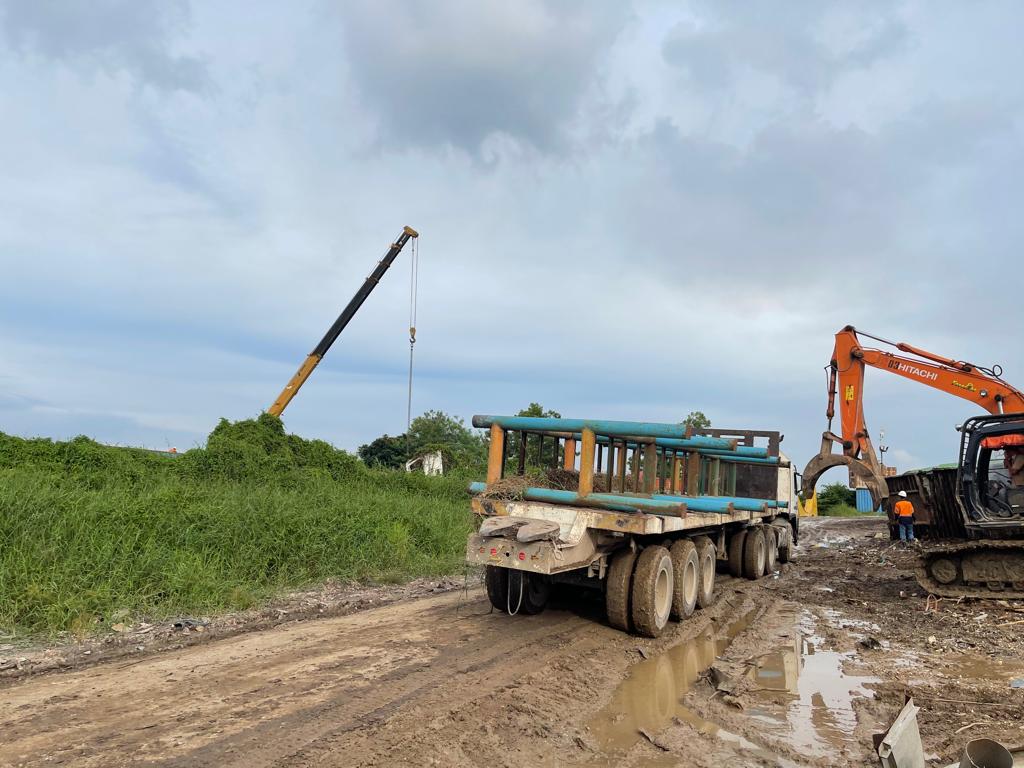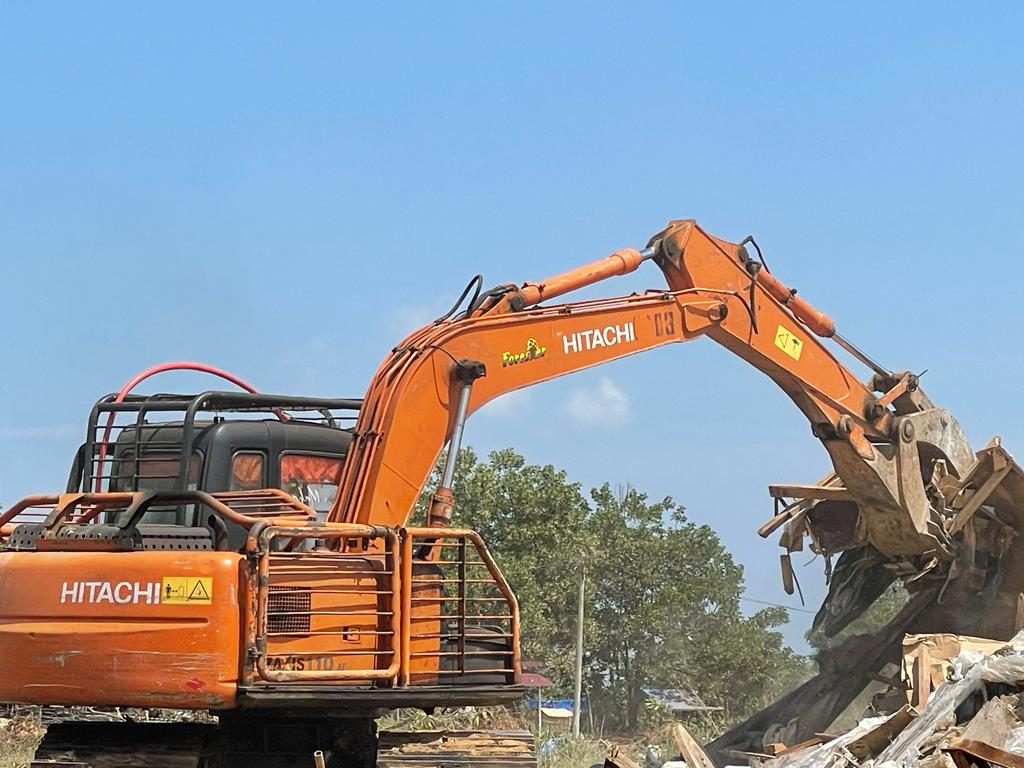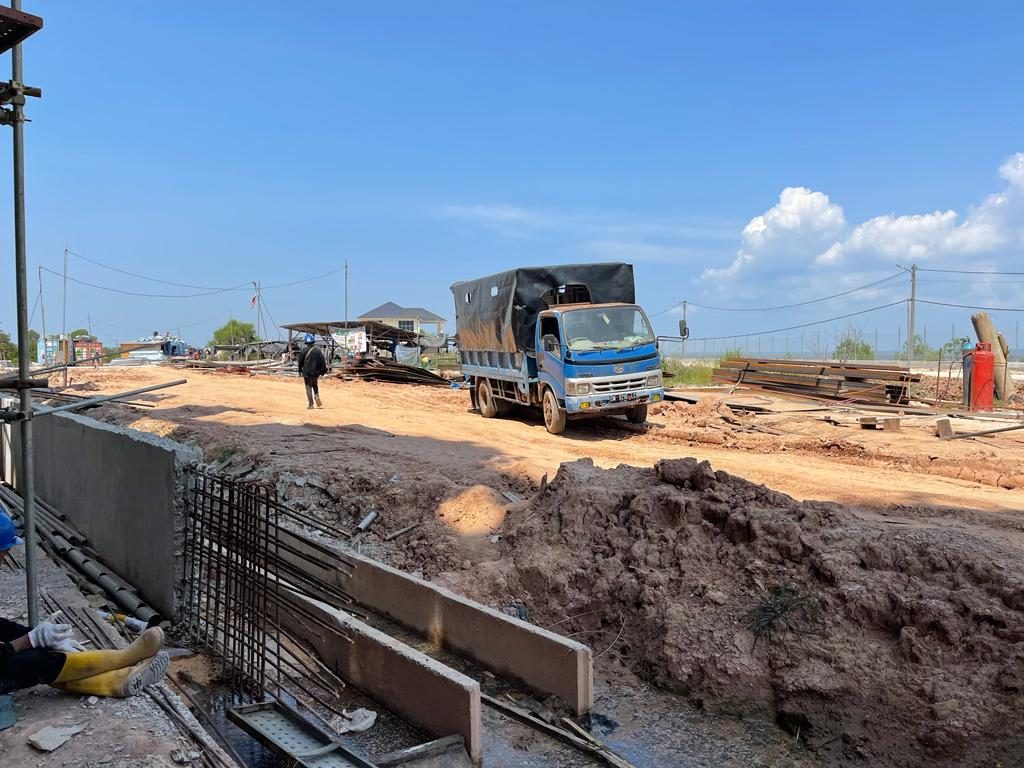Workplace Safety in Oil and Gas Projects: Why It Must Be the Top Priority
Introduction
In the high-stakes world of oil and gas projects, where colossal machinery and complex operations intersect, one factor stands out as paramount: safety. The extraction, processing, and transportation of oil and gas are activities fraught with risks, making a robust commitment to workplace safety an absolute necessity. In this article, we delve into why safety should take precedence in the oil and gas industry.
The oil and gas sector employs a vast workforce involved in physically demanding tasks. Human lives are at stake every day, and the consequences of accidents can be catastrophic. Prioritizing safety is not just a matter of compliance; it’s a moral imperative.
– Human Factor
The Human Factor
The oil and gas sector employs a vast workforce involved in physically demanding tasks. Human lives are at stake every day, and the consequences of accidents can be catastrophic. Prioritizing safety is not just a matter of compliance; it’s a moral imperative.
Complexity and High-Risk Environments
Oil and gas projects often take place in challenging environments, including offshore platforms and remote drilling sites. The complexity of the operations, coupled with harsh conditions, elevates the potential for accidents. Safety measures are the last line of defense against disaster.
Protecting the Environment
Beyond the safety of workers, the industry’s impact on the environment is under increasing scrutiny. Accidents can lead to oil spills and other environmental disasters that have far-reaching consequences. Prioritizing safety means safeguarding the planet as well.
Reputation and Sustainability
A company’s reputation is on the line when it comes to safety. Accidents can tarnish a brand’s image and lead to financial losses. Prioritizing safety not only mitigates risks but also contributes to long-term sustainability.
Regulatory Compliance
Stringent safety regulations govern the oil and gas industry for a reason. Compliance is not optional but mandatory. Prioritizing safety ensures that a company avoids legal trouble and costly fines.
The Cost of Neglecting Safety
Neglecting safety can lead to dire consequences, including loss of life, environmental disasters, financial losses, and reputational damage. In contrast, investing in safety measures, training, and technologies can yield long-term benefits.
Conclusion
In the world of oil and gas, where profit margins are substantial, it’s easy to lose sight of what truly matters. However, it’s crucial to remember that the safety of workers, the environment, and a company’s reputation are priceless. Prioritizing workplace safety is not just a legal obligation; it’s a commitment to the well-being of all stakeholders. In an industry where every decision carries significant weight, choosing safety as the top priority is the only choice that ensures a sustainable and ethical future.
Safety is more than just a checkbox; it’s a mindset that should permeate every level of an organization. In the end, the question is not “Why prioritize safety?” but rather “How can we afford not to?”
Safety in the oil and gas industry is a critical concern that should never be underestimated. It is a collective responsibility shared by all stakeholders to ensure that workers return home safely, the environment is protected, and the industry thrives sustainably.





